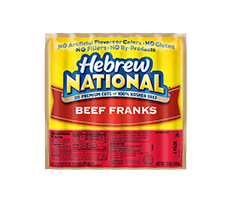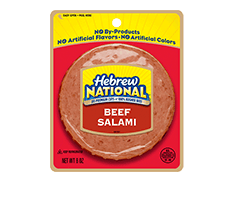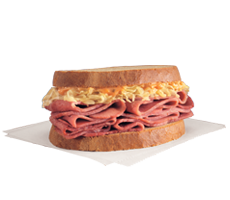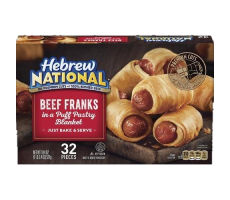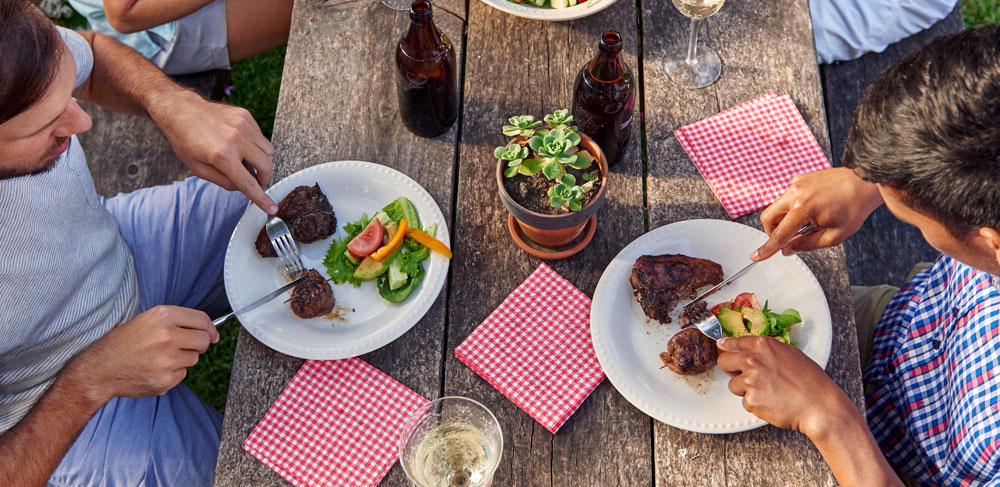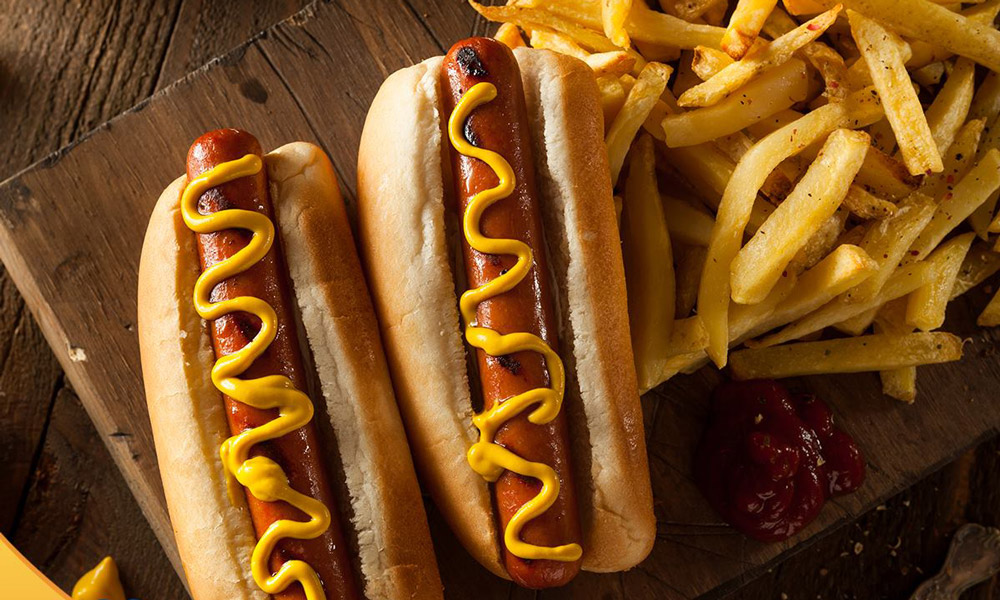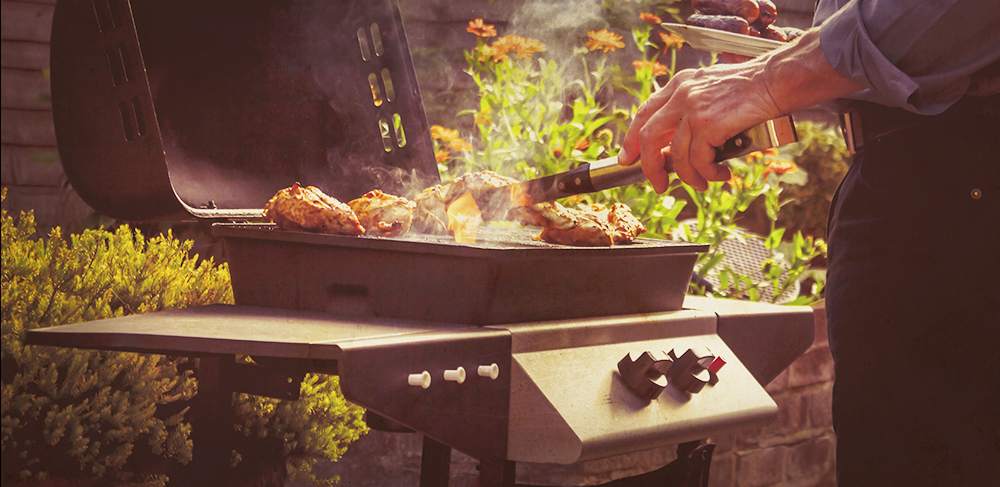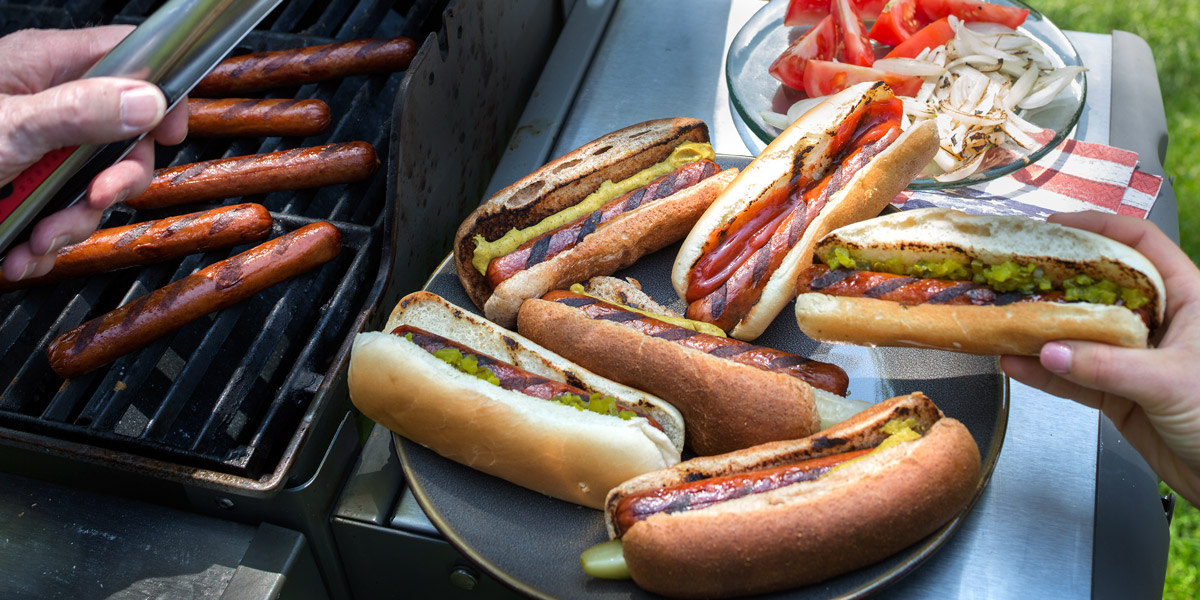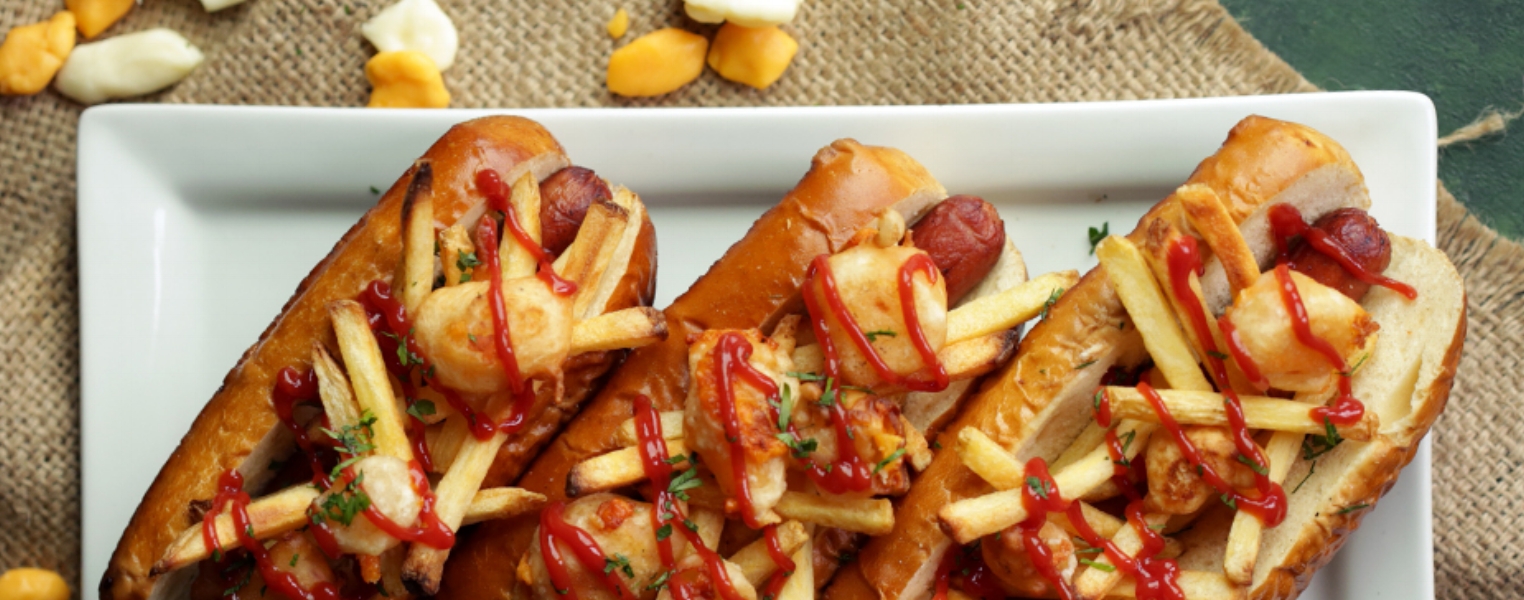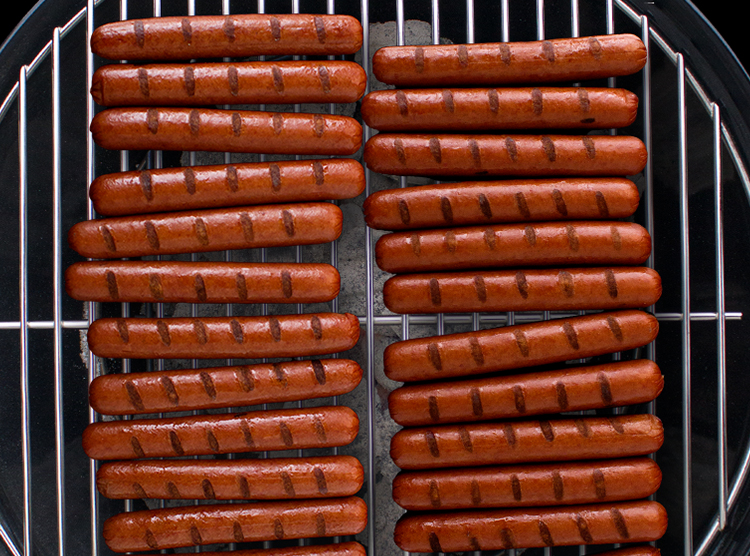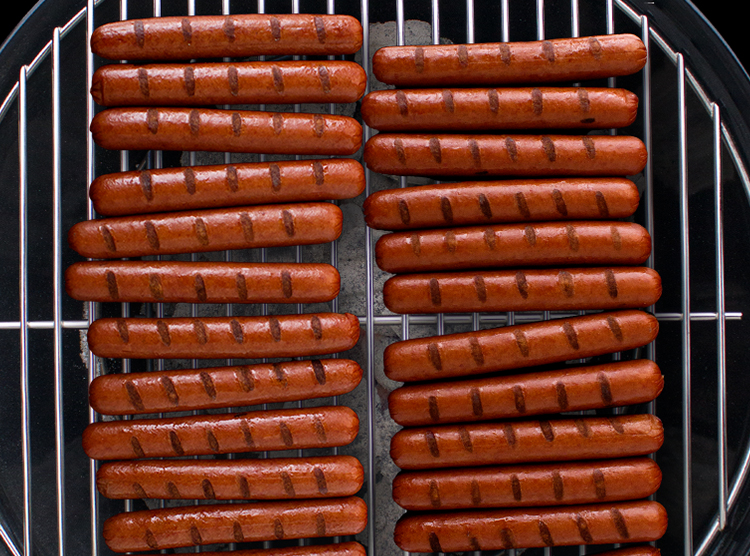With grilling season under way, there is no better time to find out how you can save money on your next cookout. From experience, everyone knows that hosting a backyard cookout is fun, but can also be quite expensive and burn a hole in your wallet. With this in mind, we’ve compiled a list of simple tips to BBQ on a budget without leaving your guests disappointed.
Grilling on a budget is easier than you think thanks to these penny-pinching tips.
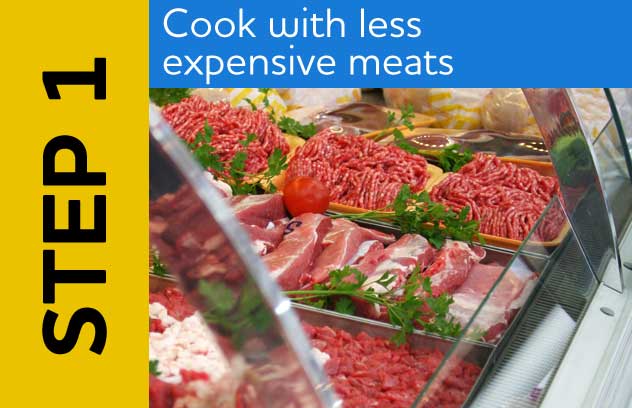
That means no premium cuts, so forget about porterhouse, rib eye, or NY strip steaks. With the price of beef on the rise, it’s time to look for more affordable cuts that will still taste great and get the job done, such as sirloin, ground beef, ground turkey, brisket, flank or all beef franks like Hebrew National®. If you want to grill chicken, make sure you go for thighs and legs; these tend to be cheaper than chicken breasts and more flavorful. If you’re in the mood for seafood — avoid the catch of the day and ask the fishmonger to assist you in choosing other seafood options.
Pro-tip: When grilling steak, you might want to experiment with cutting the meat into strips. Most likely guests won’t finish everything on their plate, and some will go to waste. By cutting the meat into strips, you give them the option to eat as much or as little as they want.
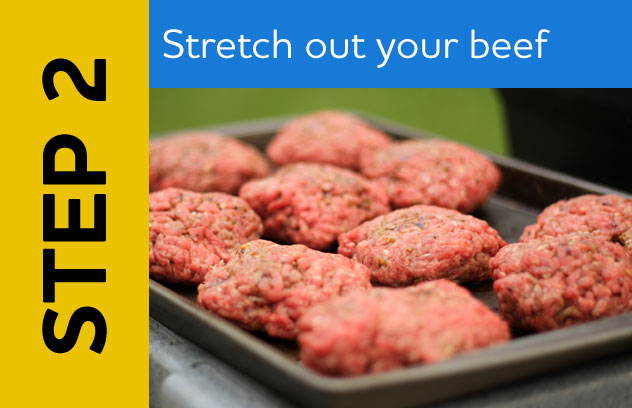
You’re probably wondering, stretch it how? But it’s simple: knead grated potatoes, pureed vegetables, or older bread into your burger patties to fill them out. In order to spend less, you’re going to have to buy less. Filled out burgers taste delicious and help you cut costs without having to give up meat altogether.

Time is money, and so are coal and gas. When firing up your grill, consider tossing on some sides, like fruits or vegetables as you cook your meat. If there’s room on the grill, why not use it? Multitasking will put that coal or propane to its most economical use. Here are some grilled fruits and vegetables to consider:
Grilled Zucchini with Teriyaki
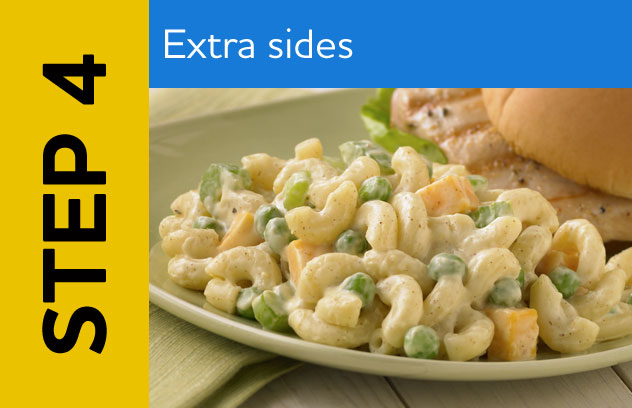
On your next cookout, don’t overbuy meat. Yes, it is an essential part of your cookout, but the sides are just as tasty and can be less expensive compared to buying extra pounds of meat. Adding vegetables high in fiber — like broccoli and cauliflower — can fill any stomach; buying a few salads is also a great idea. Your guests will enjoy a selection of potato salads, macaroni salads, coleslaw, corn on the cob, bread and dips. Try one of these sides at your next cookout:
Hearty Potato and Tomato Salad

Here is another tip most hosts overlook. Before you go to the supermarket, take inventory of what you have in your pantry and see what you can use for your cookout. For example, if you’re in need of tomato salsa and you see you have an unused can of diced tomatoes, then skip store-bought salsa and make your own at home; you’ll likely have many of the ingredients you'll need. True, it might take you a little longer, but cutting costs here and there eventually adds up.
Pro-tip: If you’re cooking on a charcoal grill and you have nearly empty bottles of herbs with some stems, throw them into the grill to give your meat a nice flavor and smell.
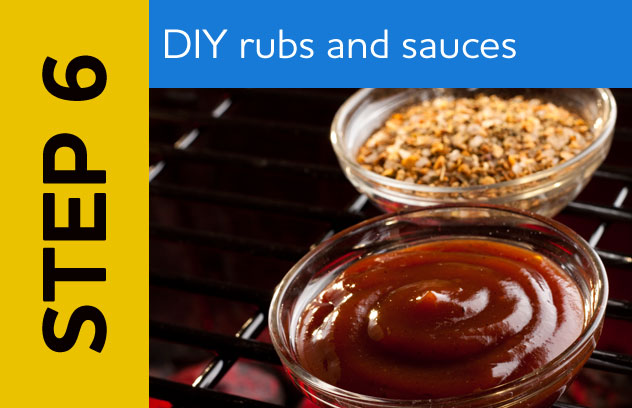
Rubs are essentially just combinations of spices mixed together. And many sauces use ketchup or tomato sauce as a base. Again, you may already have many of the essential rub or sauce ingredients on hand.
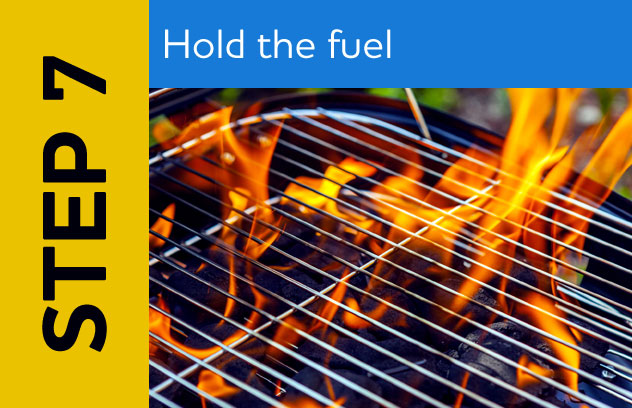
If you’re using a charcoal grill, you don’t need to empty the whole charcoal bag. A good rule of thumb is to use 30 briquettes per pound of meat or poultry. If you’re using a propane tank, make sure to turn off the grill after you’re done cooking; there’s no need to keep the burner on for extended periods of time without actually cooking anything. And be sure to close the valve on the propane tank too, until its next use.
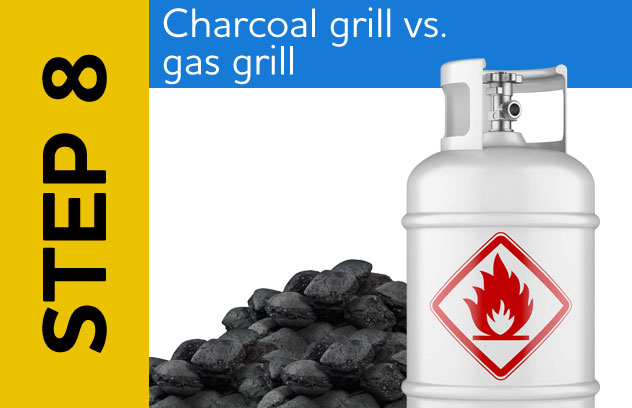
There is no right or wrong here. It all comes down to preference, as they both have their pros and cons. If you’re into cutting short-term costs, buying a charcoal grill is the way to go. In the long-run, depending on how often you grill, a gas grill will definitely have the advantage of cheaper fuel costs per cookout. In the end, your choice should be based on convenience, space and money.

Charcoal or gas, one thing you should not overlook is the maintenance aspect of owning a grill. Taking the proper measures to give your grill the upkeep it needs is crucial for its longevity — essentially you want your grill to last you more than a couple of years. To maintain your grill follow these tips:
- Prevent food from sticking to your grill as much as possible by applying grill spray before you fire up the grill.
- Don’t wait to clean your grill until it’s completely cooled down. Once you’ve turned off the grill, wait just until it’s safe to scrub off food, fat, or oils. It’s best to clean it while the grill is warm but not too hot.
- Once the grill has totally cooled down, use a damp cloth to wipe any spills or food you see around the grill; grease and salt can accelerate the corrosion of your grill.
- If you’re using a charcoal grill, make sure you discard the used charcoal. If you own a gas grill, be sure to clean the catch-pan liner, or replace it when necessary.
- Finally, invest in a waterproof cover for your grill. Some grills include a cover, but if yours doesn’t, it’s a good investment to consider since it will protect it from the heat, rain and cold.

Unlike in the kitchen, you don’t need many utensils for grilling other than a good pair of tongs, a spatula and a brush. If you're trying to save a few bucks, don’t be tempted to buy the fancy meat thermometer or the nice case to hold all your utensils in place.
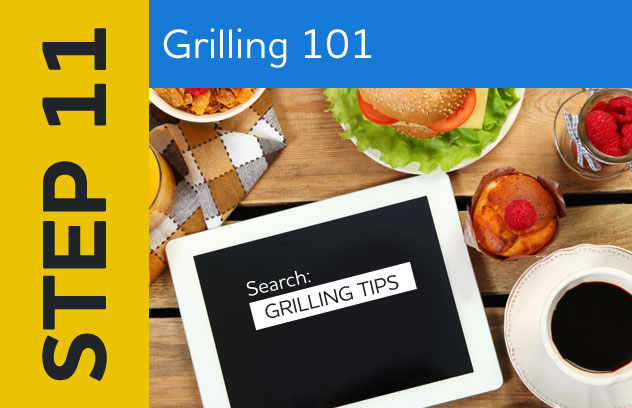
If grilling is not your forte, there’s no shame in reading a few articles or watching videos to learn some basic tips and tricks before the day of your cookout. It’s actually preferable you take these precautionary measures to avoid serving undercooked or burnt meat! The last thing you want to do is overcook meat to the point where no one will eat it.

Make sure you have heard back from all of the guests you invited. This is important because when you’re out shopping you want to buy enough food for everyone, but not so much that even your family won't be able to finish all those leftovers.
Happy grilling!

